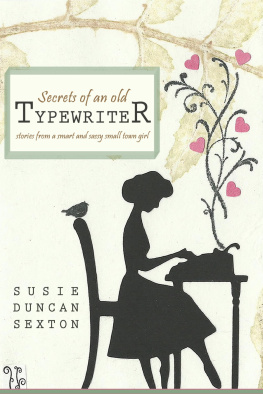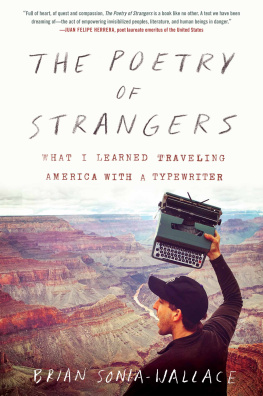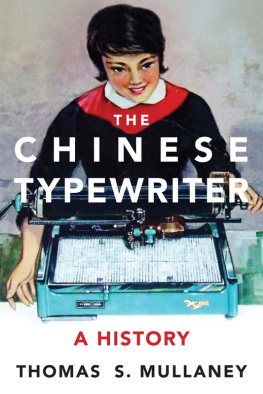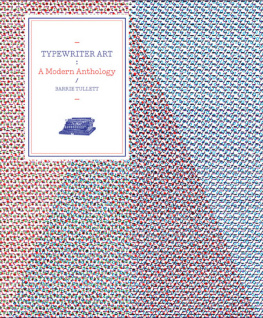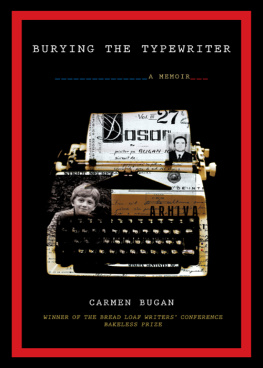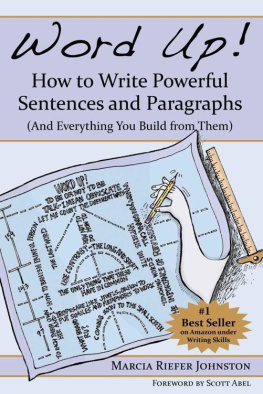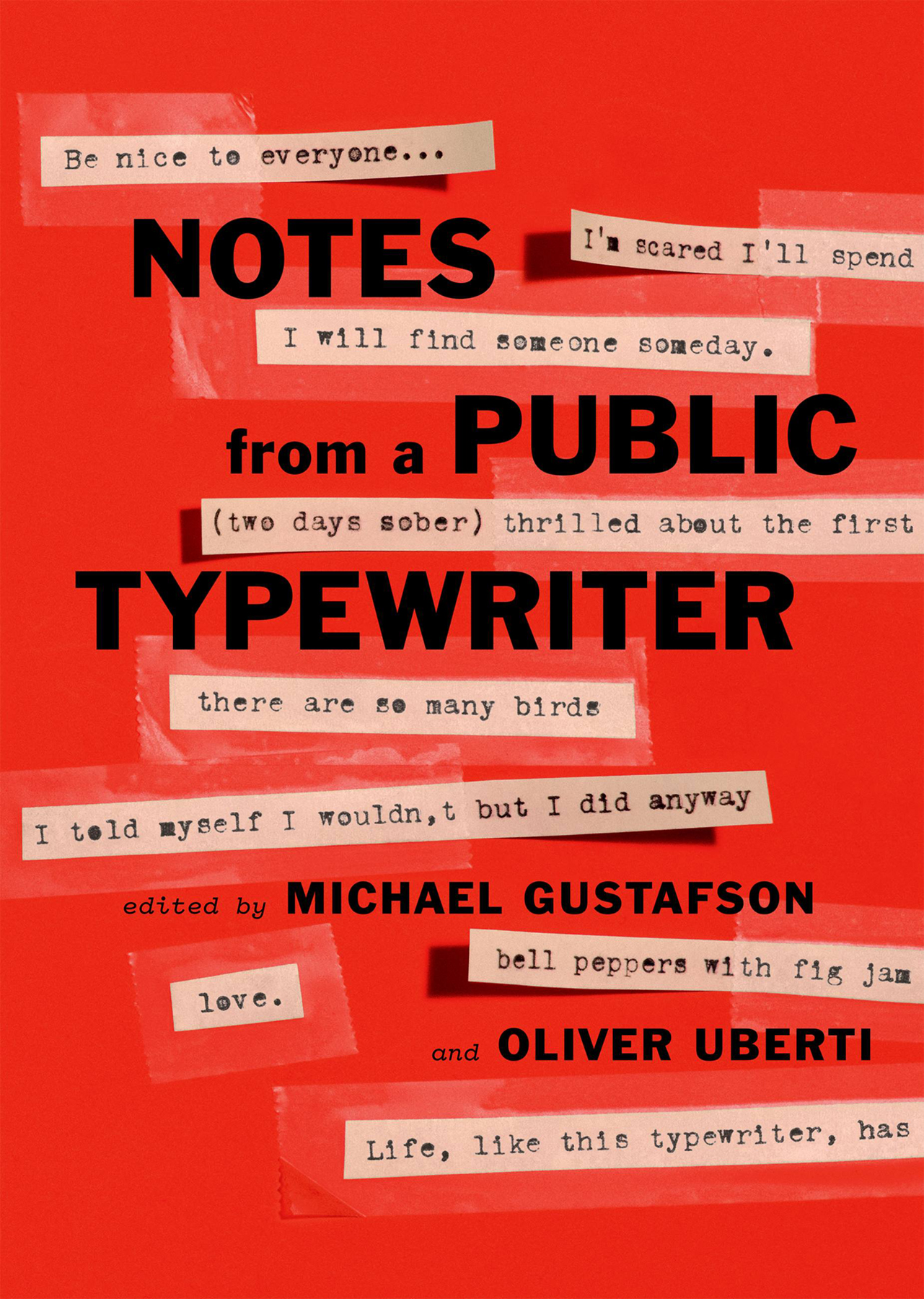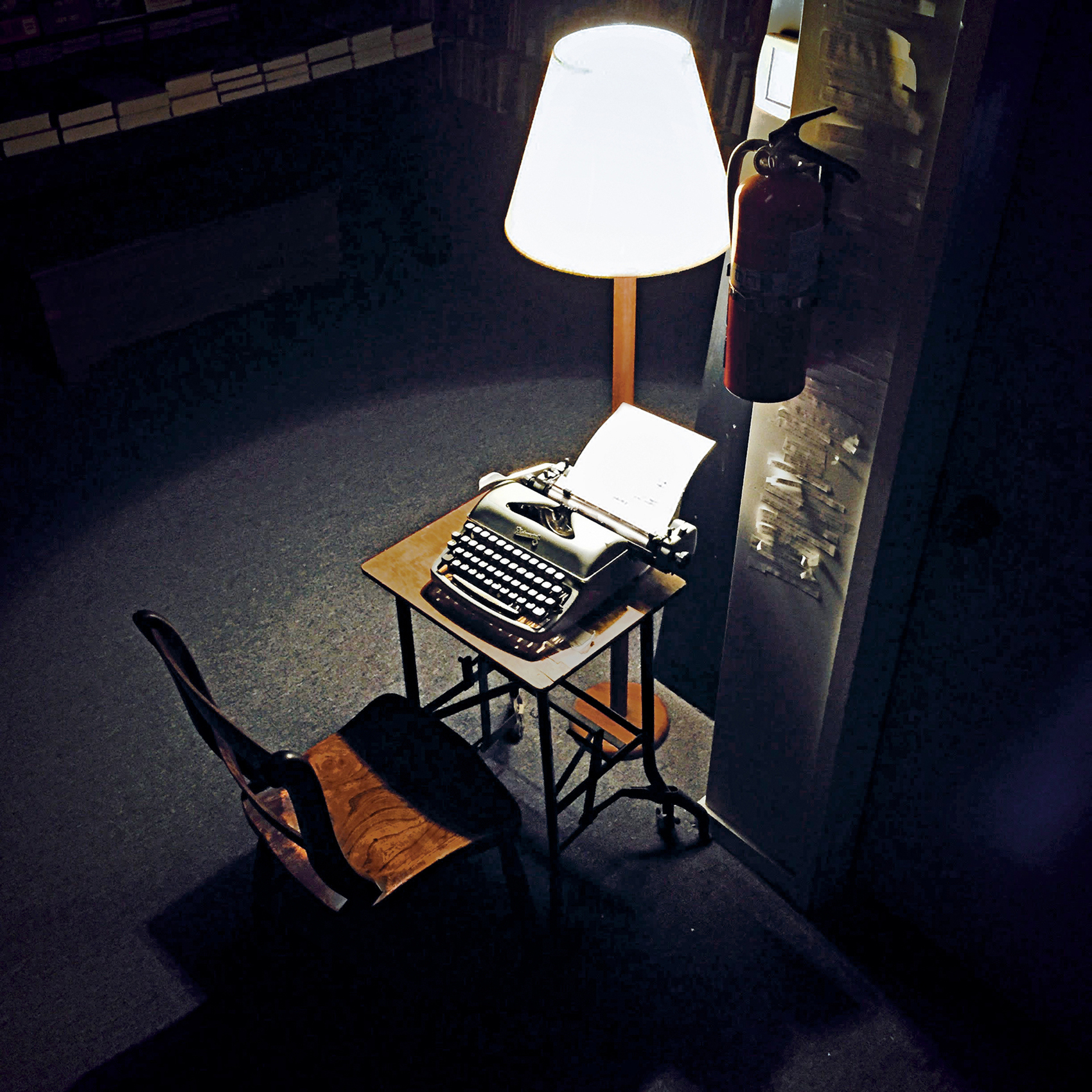Cover copyright 2018 by Hachette Book Group, Inc.
Hachette Book Group supports the right to free expression and the value of copyright. The purpose of copyright is to encourage writers and artists to produce the creative works that enrich our culture.
The scanning, uploading, and distribution of this book without permission is a theft of the authors intellectual property. If you would like permission to use material from the book (other than for review purposes), please contact permissions@hbgusa.com. Thank you for your support of the authors rights.
Grand Central Publishing is a division of Hachette Book Group, Inc. The Grand Central Publishing name and logo is a trademark of Hachette Book Group, Inc.
The publisher is not responsible for websites (or their content) that are not owned by the publisher.
The Hachette Speakers Bureau provides a wide range of authors for speaking events. To find out more, go to www.hachettespeakersbureau.com or call (866) 376-6591.
In the spring of 2013, my wife, Hilary, and I opened Literati Bookstore in Ann Arbor, Michigan. Opening a community-minded independent bookstore was a dream wed shared since we bonded over books on our first date. After we got engaged, we quit our jobs in New York City, moved home to Michigan, took out a loan, and signed a lease. We were in our late twenties, pursuing a dream. We were terrified.
When opening day arrived, we unlocked the door and held our breath. One by one, people walked inside, paged through new books, discussed favorite authors. The wood floors creaked; cash registers rang. The bookstore came alive. As I stood at the register, my ears perked up. Amid the din, I heard the faint but distinct cadence of someone typing.
That morning, I had set out a typewriter on our lower level for anyone to use. It was a community-building experiment: What if people could walk into a bookstore and type anything they wanted? Would they write haikus, confessions, or declarations of love? Would they contemplate the meaning of life? Would they make fart jokes? Would people even know how to use a typewriter?
The public typewriter experiment, for me, was also personal. The first typewriter I ever fell in love with was my grandfathersa 1930s Smith Corona. Because he died when I was young, my memory of him is limited to impressions: visits to the Florida condo he shared with my grandmother, beach picnics, golf cart rides around the neighborhood, and an alluring black typewriter on his writing desk. One year, long after he passed, Grandma gave me his Smith Corona for Christmas. At the time, I was a struggling writer. Seeing his old typewriter again stirred something in me. As I hunched over the keys, I imagined my grandfather also click-clacking away, equally hunched, considering each word. His typewriter made writing fun again. And for the first time since his death, I felt connected to him, to a past I never really knew. Now, his typewriter is rarely far from sight; I keep it inside a glass display case below our bookstores register.
The typewriter I set out on opening day was a light blue Olivetti Lettera 32. I inserted a clean piece of paper and let it be. There were no prompts. No directions. Just the worlds smallest publishing house, waiting for an author. One of the notes I found that first day was: Thank you for being here . I didnt see the typers identity, so it appeared as though the typewriter itself was thanking me. As though the dusty machine was happy to be used again.
Soon, more notes accumulated. People proposed, broke up, confessed, apologized, joked, and philosophized. I had to buy more paper, more ink ribbons, more typewriters. Typewriting had become part of our bookstores identity. I taped favorite notes to a wall behind the typewriter. I shared some notes in store newsletters and on social media. And in 2015, we commissioned artist Oliver Uberti to paint fifteen of them along a 60-foot stretch of our building. Its now one of the most photographed locations in town.
Customers, friends, and family began encouraging me to turn these notes into a book. At first, I was apprehensive. But then I read through the piles of messy, typewritten pages again with Oliver. Some made us tear up; many made us laugh out loud. Our community of note-typers has shown that impactful writing isnt limited to bestselling authors. Each of us has a note to leave behind, and I realized more of them deserve to be read. They shouldnt be locked inside my filing cabinet at home. Inside our store, surrounded by books that have been labored over by authors, editors, and marketers, theres a way for people to publish directly into the world in permanent inkspelling errors and all.
Some nights after we close, when the bookstore is quiet and the lights are dim, Ill pull from the display case my grandfathers old Smith Corona. Ill set it on a table in the dark, where it makes a loud thunk. The ink still smacks one letter at a time, as it did eighty years ago.
I pause in the quietude. I wonder, like so many others have before: What should I write? I decide to write to the person who gave me the typewriter. The click-clack reverberates. I strike the wrong letter. My pinkie reaches for the delete key, but there isnt one. Im glad. I keep typing.
Dear Grandpma,
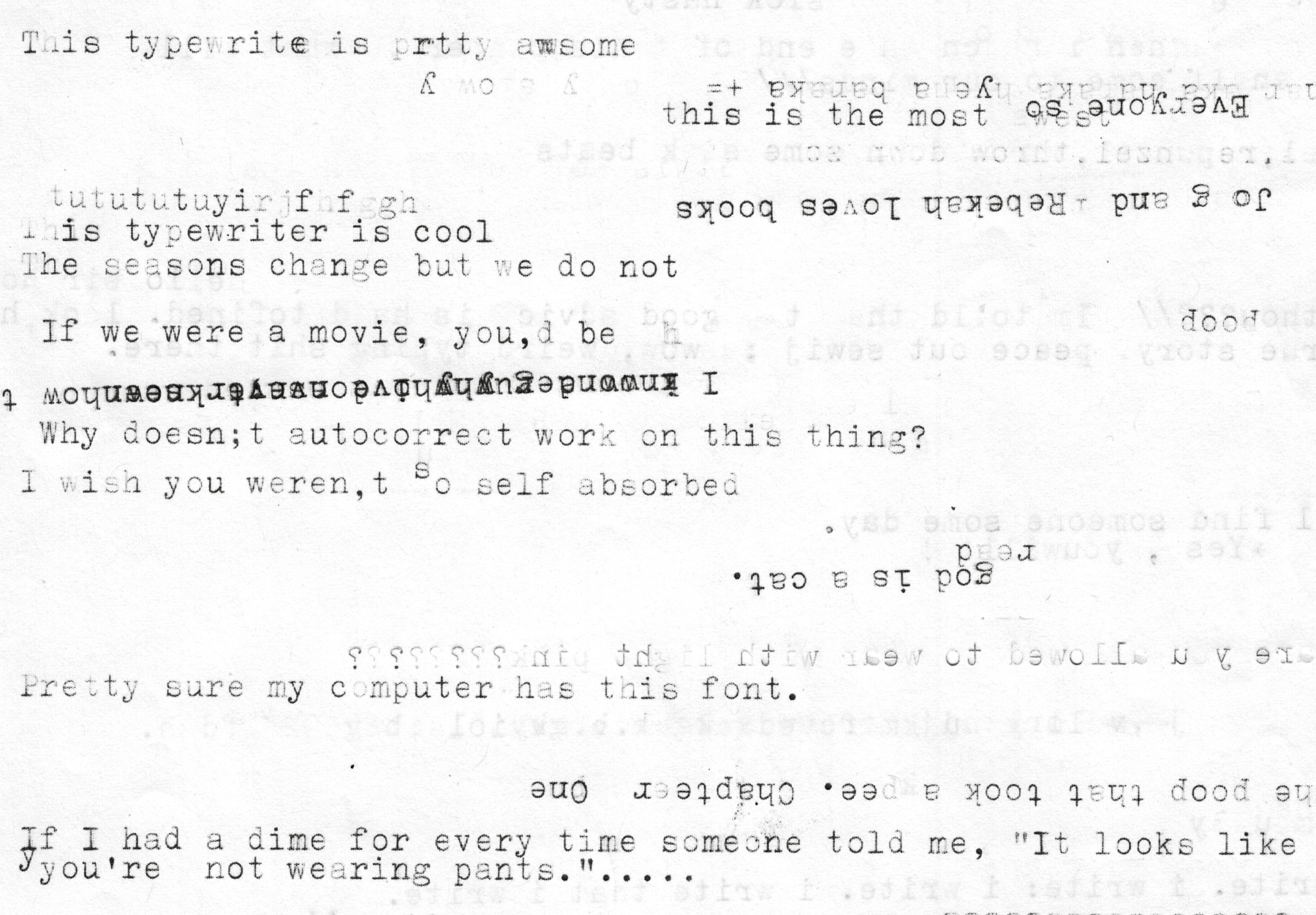
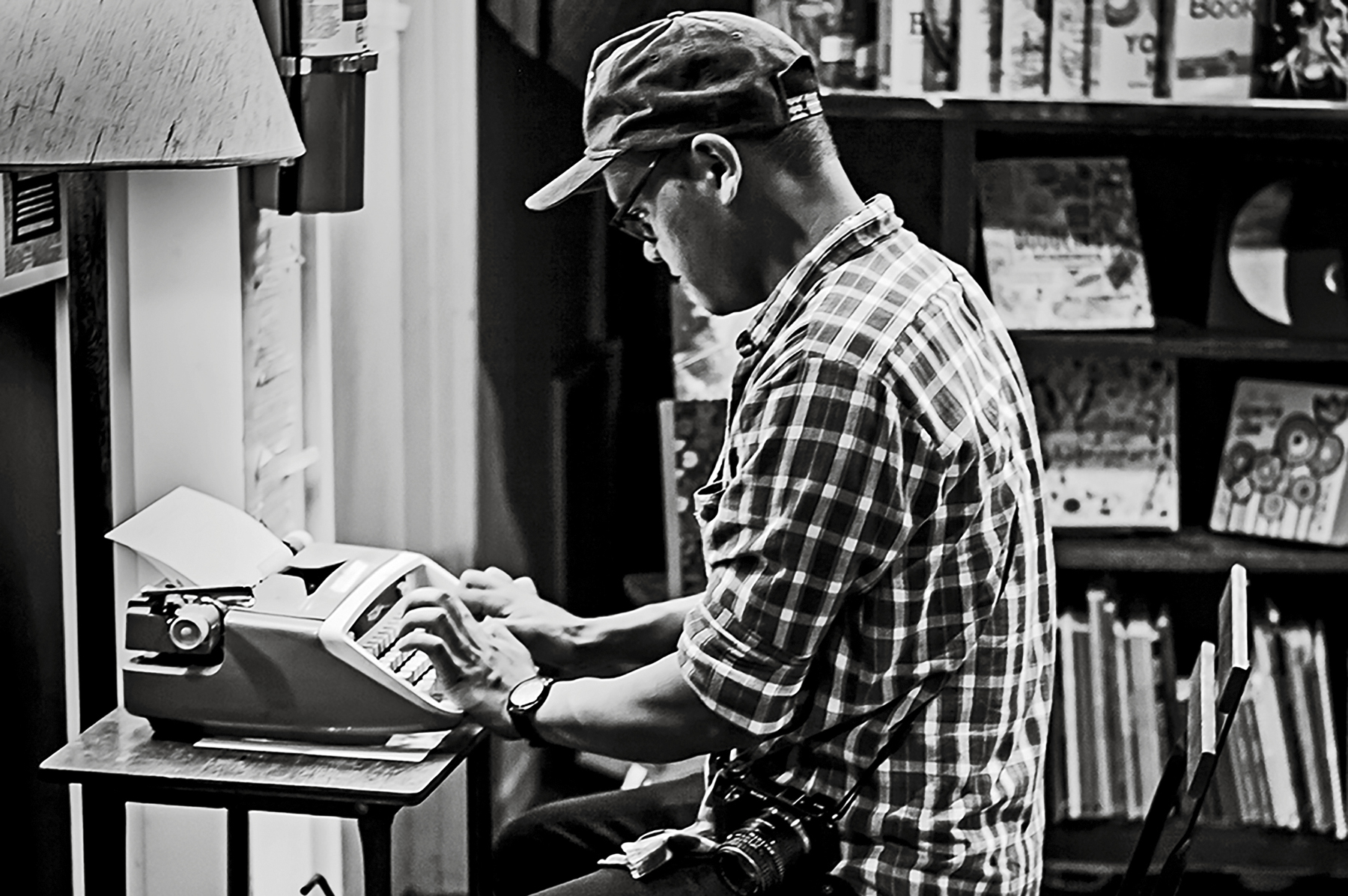
A customer leaves a note.
Kurt Vonnegut used to say, Write to please just one person. When it comes to our public typewriter, there is one dedicated reader.
Hi.
I know people arent necessarily writing to please me. Still, I am the one who reads each typed note. Every nonsensical musing. Every spelling error. Every poem. Every bad pun. Every note questioning love. Every unquestionable I love you .
Over the years, I have noticed patterns of typing behavior. During Michigan football season, an Ohio State fan will type: Go Bucks . On a cold, snowy Saturday night, a customer hopes for a date or comments on sobriety. Come spring, graduating seniors type memories, leave behind advice for incoming freshmen, or write: I will miss you, Ann Arbor .
At the end of each day, I retreat to the office to make sense of this ongoingthough slightly disjointedinked monologue. I understand that poring over anonymously typed fragments might not be the best use of my free time, but at any moment, on any day, an unheralded (or heralded) literary genius could leave behind an astute meditation, a whimsical missive, or unprecedented poetic artistryand I dont want to miss it. So I will eagerly leaf through pages of ,,,,???867()* and 89khellohello to find one sentence of sincerity.


